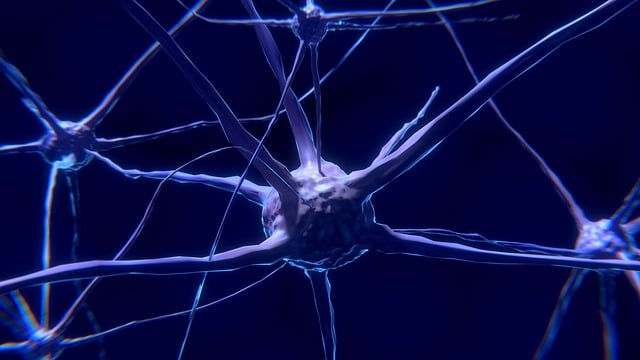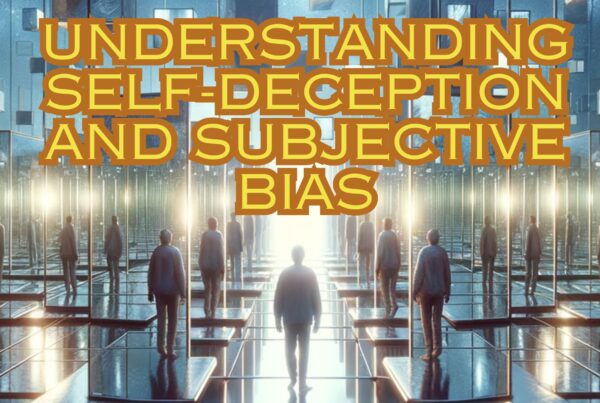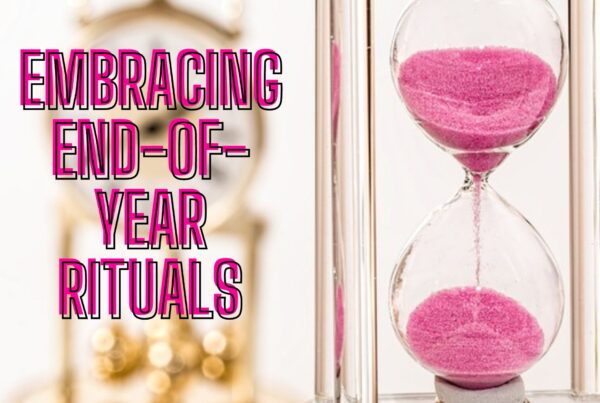Memory Formation and Recall: Navigating the Evolving Landscape of Our Past and Present
The human brain’s ability to remember is a complex and ever-evolving process. It’s intriguing how we can vividly recall recent events while our earliest memories often seem like distant, blurry scenes. This blog delves into the fascinating dynamics of memory formation and recall.
Memory is not just about storing data; it’s an active, ongoing process that shapes our perception of the world and ourselves. As we journey through life, our brain constantly filters, retains, and sometimes discards experiences. This selective memory process plays a crucial role in how we grow and learn, influencing everything from our daily decisions to our long-term aspirations.
The Science of Memory: A Constant Evolution
Our brain’s capacity for memory is a testament to its remarkable adaptability. The dentate gyrus of the hippocampus, a key area for memory storage, is particularly active in generating new brain cells throughout our lives. This process is less about increasing the number of cells and more about refreshing and updating our memory bank. Think of it as a regular update to your smartphone’s software, keeping it running smoothly and efficiently.
The creation of new brain cells in adulthood is a fascinating aspect of human biology. It challenges the long-held belief that we are born with a fixed number of brain cells. This ongoing neurogenesis ensures that our brain remains flexible and capable of adapting to new information and experiences. It’s a delicate balance, though, as the introduction of new cells can disrupt established neural networks, leading to the fading of older memories.
Connections: The Fabric of Our Memories
Memories are stored in the connections between neurons. These connections, strengthened by repetition and experience, form the very fabric of our memory. For instance, if you repeatedly experience discomfort after eating cheese, this association becomes embedded in your brain’s network. Each occurrence reinforces this connection, making it more prominent in your memory.
However, this system is not without its flaws. Every time we recall a memory, we subtly alter it, integrating new information and perspectives. This means that memories are not static records but dynamic reconstructions. As we age and continue to accumulate experiences, these reconstructions can become increasingly complex, sometimes leading to distortions or even the loss of certain details.
The Trade-Off: New Memories for Old
The introduction of new memory cells can significantly alter the existing network of neural connections. This process is essential for making room for new memories but often comes at the expense of older ones. It’s a natural trade-off: as we create new memories, some of the older ones become less accessible or even fade away entirely.
This phenomenon is particularly evident in the way we remember our childhood. Early memories often become hazy as we age, not necessarily because they’re unimportant, but because our brain prioritizes new, more relevant information. This ongoing turnover of memories ensures that our cognitive resources are focused on current and future needs rather than being overly occupied with the past.
Research Insights: The Role of New Memory Cells
Research in non-human mammals, particularly mice, has provided valuable insights into this process. Studies show that an increase in new memory cells in the hippocampus correlates with the forgetting of older memories. This is especially noticeable in young mice, which naturally produce a large number of new cells, and in adult mice engaged in stimulating activities like running.
In contrast, when the production of new cells is inhibited, these mice tend to retain older memories more effectively. While we must be cautious in applying these findings directly to humans, they offer a compelling glimpse into the mechanisms of memory. They suggest that our ability to remember and forget is intricately linked to the ongoing neurogenesis in our brains.
Human Implications: A Delicate Balance
The implications of these findings for human memory are profound. They suggest a delicate balance between retaining old memories and making room for new ones. In conditions like dementia, where the production of new brain cells is reduced, patients often have a clearer recollection of distant past events compared to recent ones. This highlights the critical role of new cell generation in memory formation and recall.
Understanding this balance is key to appreciating the full spectrum of human memory. It’s not just about holding onto the past but also about embracing the present and future. Our memories are not just records of what has happened; they are living, evolving aspects of our consciousness, continually shaped by new experiences and insights.
Memory Formation and Recall: Embracing The Present
The evolution of our memory is a sign of a healthy, active brain. While it may be bittersweet to lose some of our earliest memories, it’s a natural part of making room for new experiences. This process allows us to live fully in the present, continually learning and adapting. In the grand scheme of life, forgetting some aspects of our past may be a small price to pay for the richness of our current experiences and the promise of future discoveries.
Release Hypnosis Melbourne Hypnotherapy
Since 2016, Lawrence Akers has been working under the name Release Hypnosis offering Hypnotherapy and ACT based work to the people of Melbourne or an online service. Based on St Kilda Rd, Release Hypnosis is an easy and convenient location to get to and accessible by the ANZAC station train and tram stop. Release Hypnosis can help with a wide range of presenting issues, and I offer a free 30 minute no obligation discovery call for those who are unsure if hypnotherapy is the right way forward for them.
Book Your FREE 30 Minute Consultation With Release Hypnosis NOW!
Image by Colin Behrens from Pixabay
You may also like to read:
Discovering Purpose and Values: A Path to Mental Well-being
Can’t Visualise in Hypnosis? Here’s What You Can Do Instead.
Dealing with Financial Stress and Crisis: Finding Peace Amid Turbulence
What Is The Success Rate of Hypnosis?
Release Hypnosis Melbourne Hypnotherapy is accessible for people in: Abbotsford, Armadale, Albert Park, Balwyn, Bentleigh, Black Rock, Box Hill, Brighton, Brunswick, Bulleen, Bundoora, Camberwell, Canterbury, Carnegie, Caulfield, Chadstone, Cheltenham, Clayton, Coburg, Collingwood, Deer Park, Doncaster, Elsternwick, Eltham, Elwood, Epping, Essendon, Fairfield, Fitzroy, Footscray, Glen Iris, Glen Waverley, Glenhuntly, Greensborough, Hampton, Hawthorn, Heidelberg, Highet, Ivanhoe, Kew, Kooyong, Lalor, Laverton, Lower, Plenty, Macleod, Malvern, Middle Park, Moonee Ponds, Melbourne, Moorabbin, Mount Waverley, Murrumbeena, Northcote, Oakleigh, Ormond, Parkville, Pascoe Vale, Port Melbourne, Prahran, Preston, Richmond, Rosana, Sandringham, South Yarra, South Melbourne, Spotswood, St Albans, St Kilda, Surrey Hills, Templestowe, Thornbury, Toorak, Tullamarine, Williamstown, Yarraville, North Melbourne, Windsor, East Melbourne, Melbourne, Melbourne CBD, Melbourne 3004








